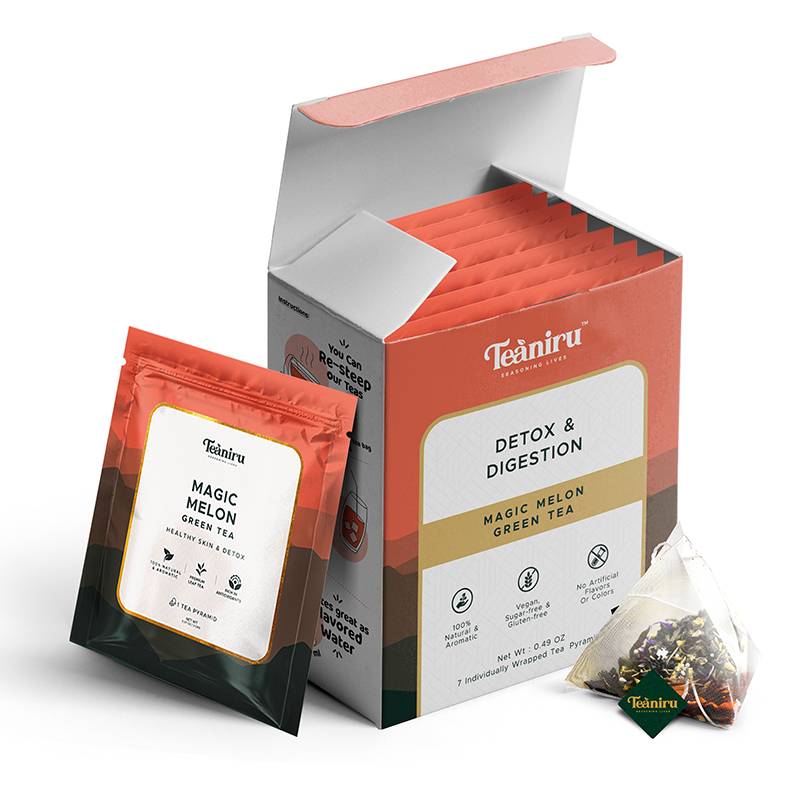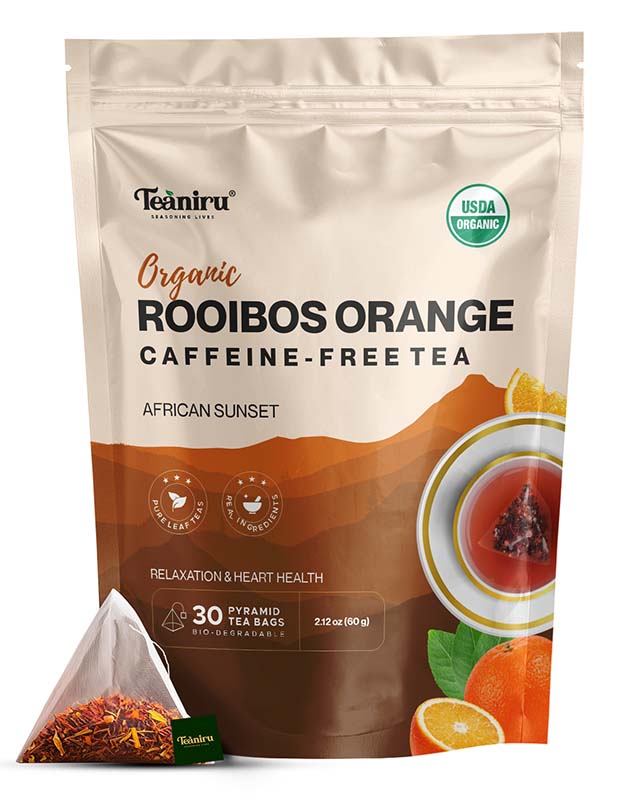You may also like
The one thing that would be listed top in everyone new year's resolution is losing weight. 90% of us would proudly accept the fact that we aren’t consistent in eating mindful food and hitting gym, in drinking water and few more that is simple but not really.
In America, it is something we don't like to talk about, but it is hard to ignore. Let’s face it together.
We both know that we are getting fat day by day, if it's healthy fat it needs self-love, unhealthy fat needs self-love with self-care.
The obesity rate in the US, is not Doubled. It has tripled in the last 50 years in American history.
Four million people die each year as a result of obesity, according to the World Health Organization (WHO).
Table of Contents
1. Why is Obesity not Good for Health?2. Understanding Green tea as weight loss aid
3. The Role of Green Tea in Weight Loss
4. The Limitations of Green Tea Alone for Weight Loss
5. The Truth About Green Tea and Weight Loss.
6. Conclusion
Why is Obesity not Good for Health?
Obesity is harmful because it increases the likelihood of developing serious health conditions like heart disease , diabetes, and certain cancers.
Carrying excess weight strains the body's systems, leading to joint problems, breathing difficulties, and reduced quality of life.
Obesity can negatively impact mental well-being, causing low self-esteem, depression, and anxiety, while also limiting physical activity and overall enjoyment of life.
Understanding Green tea as weight loss aid:
Green tea is derived from the Camellia sinensis plant and is rich in antioxidants, particularly catechins, such as epigallocatechin gallate (EGCG). These compounds have been associated with various health benefits, including improved heart health, reduced inflammation, and potential weight management effects.
The Role of Green Tea in Weight Loss:
1.Metabolism Boost: Green tea has been shown to have a modest impact on boosting metabolism. The catechins present in green tea can help increase energy expenditure and fat oxidation, albeit to a limited extent. However, the effects are not substantial enough to solely rely on green tea for weight loss
2.Thermogenesis and Fat Oxidation: Green tea has been found to have thermogenic properties, meaning it can slightly increase the body's calorie-burning process. Additionally, it promotes fat oxidation, leading to a small reduction in body fat. However, these effects are not significant enough to cause substantial weight loss without other lifestyle modifications.
3.Appetite Suppression: Some studies suggest that green tea may help reduce appetite and enhance satiety, which could potentially aid in weight management efforts.
The Limitations of Green Tea Alone for Weight Loss:
1.Caloric Balance: Weight loss primarily depends on maintaining a caloric deficit, wherein the calories consumed are fewer than those expended. Green tea alone cannot compensate for an unhealthy diet or a sedentary lifestyle. It is essential to focus on a well-rounded, nutritious diet and regular physical activity to achieve sustainable weight loss.
2.Individual Variations: The effects of green tea on weight l vary significantly among individuals. Factors such as genetics, lifestyle, overall diet quality, and baseline metabolic rate play crucial roles in determining the extent of any potential benefits.
3.Insufficient Evidence: While some studies suggest a role for green tea in weight management, the overall body of evidence is limited and often inconclusive. Many studies have been conducted on animals or used high concentrations of green tea extracts, which may not accurately reflect real-world scenarios.
Clearing the Air: The Truth About Green Tea and Weight Loss.
Dispelling Common Myths:
1.Myth: Drinking excessive green tea will lead to rapid weight loss.
Reality: Consuming excessive amounts of green tea will not accelerate weight loss. Moderation is key, as excessive intake may lead to adverse effects due to the caffeine content.
2.Myth: Green tea supplements are a quick fix for weight loss.
Reality: Green tea supplements may contain higher concentrations of catechins than regular green tea but should not be considered a magic solution. It is important to consult with a healthcare professional before starting any dietary supplements.
3.Myth: Green tea targets belly fat specifically.
Reality: Spot reduction of fat is not possible through the consumption of green tea or any other food or beverage. Weight loss occurs throughout the body, and a comprehensive approach is necessary to reduce overall body fat.
Conclusion:
Green tea offers several health benefits and can be part of a well-rounded weight loss plan. However, it is essential to understand its limitations and not rely solely on green tea for significant weight loss. A holistic approach that includes a balanced diet, regular physical activity, and behavior modifications is key to achieving sustainable results. By dispelling common myths and providing accurate information, we hope to empower individuals to make informed decisions about their weight loss journeys.
Read More About Teas:















